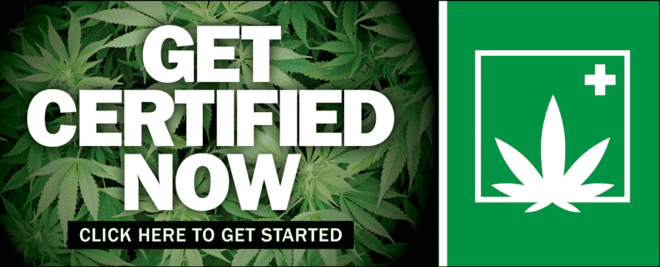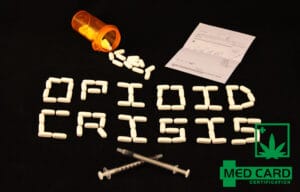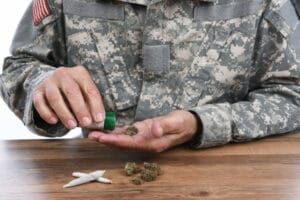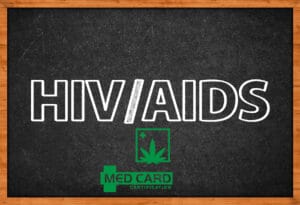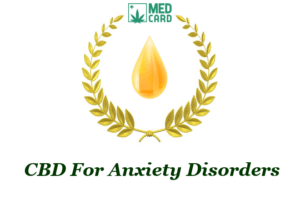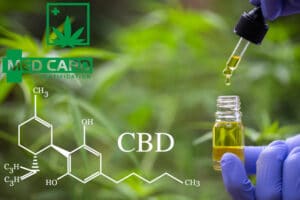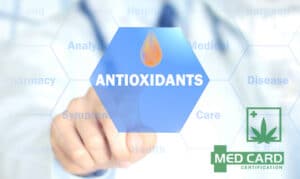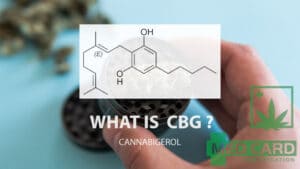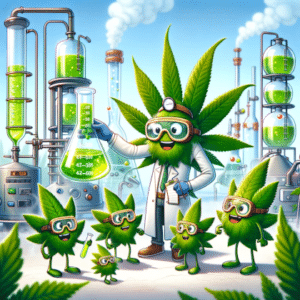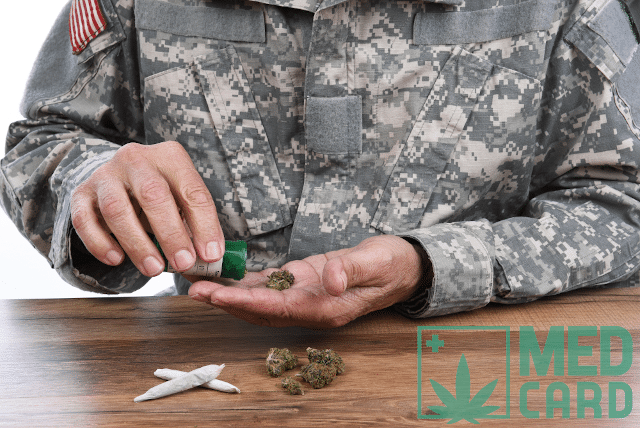
Cannabis | A Natural Remedy for PTSD
The treatment of PTSD is one of the most common reasons patients use medical cannabis
Products include medical marijuana and hemp-derived CBD
How to use medical marijuana for Post Traumatic Stress Disorder
Facts and figures related to Veterans & PTSD
Which marijuana and CBD strains are good for treating PTSD
On a state level, a majority of U.S. states have looked at the evidence for the efficacy of marijuana in treating symptoms of PTSD and have decided that it warrants adding the condition to their list of medical conditions which qualify residents to use medical marijuana. In fact, anxiety disorders, in all their various forms, including PTSD, are the leading reasons for which patients seek a doctor’s recommendation to use medical marijuana.
In early September 2018, a bill was introduced in Congress that is aimed at expanding access to medical cannabis for veterans. The measure directs Veterans Affairs to allow VA doctors to discuss medical marijuana with its patients and recommend it according to state cannabis laws. It also declares VA property a safe haven for veterans from federal cannabis laws. Furthermore, it allocates $15 million to research into the use of medical marijuana for conditions common to vets such as chronic pain and PTSD.
PTSD stands for Post Traumatic Stress Disorder. Before the condition was more well defined and widely recognized, it was previously known as battle fatigue. Although the condition, which causes flashbacks and panic attacks, usually arises in those who have been involved in abuse or violence, not everyone who is abused or involved in combat develops PTSD. This suggests that the condition is not the result of the trauma. Rather, the old trauma results in fear memories which are triggered by a chemical imbalance in the brain.
When the human brain senses danger it reacts by increasing activity in areas of the brain associated with fear and traumatic memories. This process is known as fight or flight and when the danger passes, the brain decreases activity in those regions. This process is known as fear extinction. Both of these activities are mediated by neurotransmitters. For reasons unknown, in PTSD patients, the fight or flight response can suddenly take over, causing feelings of intense fear even when the patient is not in danger.
Although PTSD is infamous for its prevalence among combat veterans, vast numbers of civilians also deal with this debilitating condition. Most notably, victims of domestic abuse, predominantly females, also suffer from PTSD.
How Medical Marijuana Is Changing PTSD Treatment
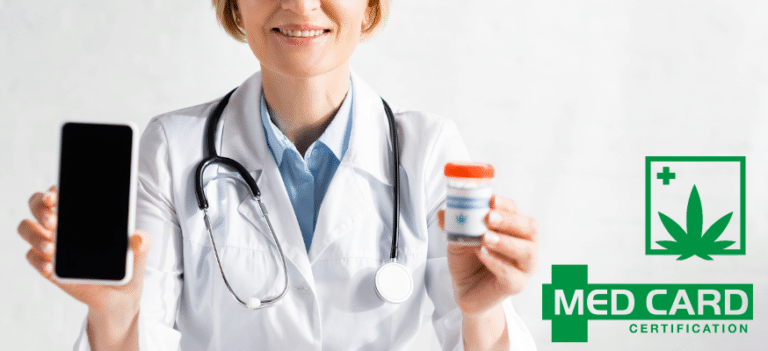
Research has shown that subjects with PTSD tend to have lower levels of particular neurotransmitters which are involved in the fear extinction process. Many of the drugs currently used in an attempt to balance the production and uptake of neurotransmitters in PTSD patients come with serious side effects including raising the risk of suicide.
Many researchers believe that medical marijuana provides not only a far safer alternative to these drugs, it also appears to be more effective. One of the classes of neurotransmitters involved in fear extinction is endocannabinoids. These cannabinoid compounds are produced naturally by our own bodies.
CBD, in particular, has been shown to have the ability to help regulate the production of a hormone thought to be responsible for fear extinction, known as serotonin. The production of serotonin is mediated by an endocannabinoid called anandamide. CBD, it seems, mimics the effects of anandamide and increases serotonin levels.
Cannabinoids are known to be biphasic. This means that they have different effects depending on the dosage. A good example of this is alcohol. A little alcohol can make people more sociable and energetic. In larger doses, however, alcohol can cause blackouts. THC, the cannabinoid produced in marijuana which causes a feeling of euphoria, is known to have biphasic effects. In small doses, it can greatly improve mood. But in larger doses THC can exacerbate anxiety. It may also contribute to long-term side effects such as psychosis.
CBD is known to not only reduce anxiety, but also to help tame the effects of THC. For this reason, cannabis helps PTSD with strains of marijuana which are high in CBD are commonly recommended for the treatment of PTSD.
PTSD: CBD VS THC
In an interview in HERB, Ontario-based physician and PTSD specialist Dr. Mike Hart stated that he recommends PTSD patients use CBD during the day and limit the use of THC to nighttime.
“CBD has been shown to be effective in the literature for PTSD. Because of that, I know that patients can benefit from it in the daytime without having to use THC,” says Dr. Hart. He recommends that his patients limit THC use in the daytime “because I know that it can cause some short-term memory problems and cognitive problems. My goal with my patients is to improve their functional outcome, so I want to make sure that I’m treating the symptoms of PTSD, but I also want to make sure that I’m actually improving their overall functioning.”
Some patients with PTSD, however, say that cannabis helps PTSD with marijuana strains which are high in THC and low in CBD can improve their condition. Although this may be the case, medical marijuana strains which are high in CBD, and considered safer for the treatment of PTSD.
The Best Marijuana Strains for PTSD

Some of the best marijuana strains for Post Traumatic Stress Disorder reported by MMJ patients include:
High THC strains which are commonly used to treat PTSD include:
All of these strains are low in CBD high in THC and are therefore recommended for evening use.
Cannabis strains which are high in CBD include:
- CBD Mango Haze (1:1–2:1 CBD and THC)
- CBD Critical Cure (2:1)
- Harlequin (5:2)
- ACDC (20:1)
- Ringo’s Gift (24:1)
- Stephen Hawking Kush (5:1)
Low THC High CBD hemp strains which are high in CBD include:
CBD for PTSD treatment is commonly available in many states and also can be purchased online. It can be used to supplement marijuana use, or it can be used alone if a patient wishes to avoid THC during the daytime, or altogether, for that matter.
CBD for PTSD treatment – Read More Here
There are a variety of delivery methods available to medical marijuana patients, however, inhalation has, by far, the fastest onset time. This can be critical for sudden onset of PTSD symptoms or under conditions which might trigger them.
Smoking of dry flower or concentrates, vaping of dry herb or oils, or dabbing with concentrates are all viable forms of inhalation. It should be noted, however, that smoking marijuana has been connected with conditions such as chronic bronchitis.
Much more research into the connection between cannabinoids and PTSD is expected to be initiated in coming years, especially if the legislation mentioned above is passed. There are a number of studies ongoing at this time.
There’s a lot more to learn both about PTSD and about medical marijuana, but what seems to be obvious is that marijuana is both more effective and safer than traditional medications used to treat PTSD.
How To Get Medical Marijuana for PTSD Treatment

Sign Up for Medical Cannabis Today!
For potential patients, if you’re ready, we make it easy to connect with a medical marijuana doctor nearby or online. If you are interested in getting certified, please fill out the MMJ patient registration form below and press submit to get started. See if you qualify today!

MedCard Registration Form



